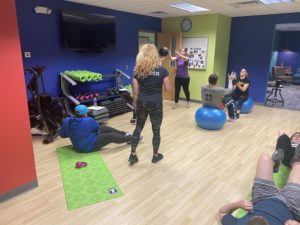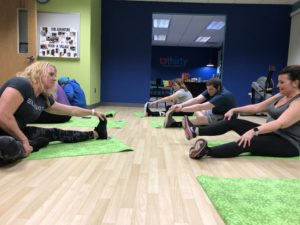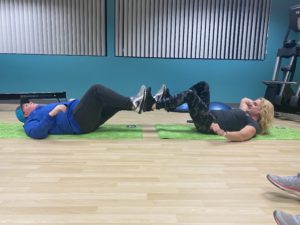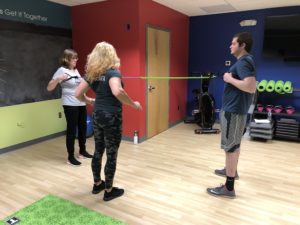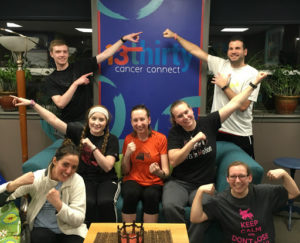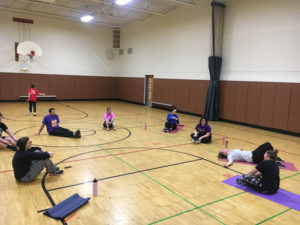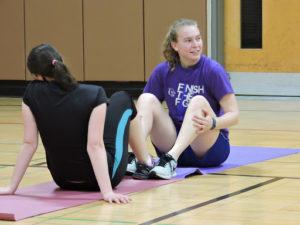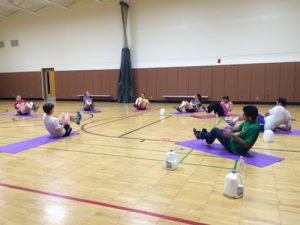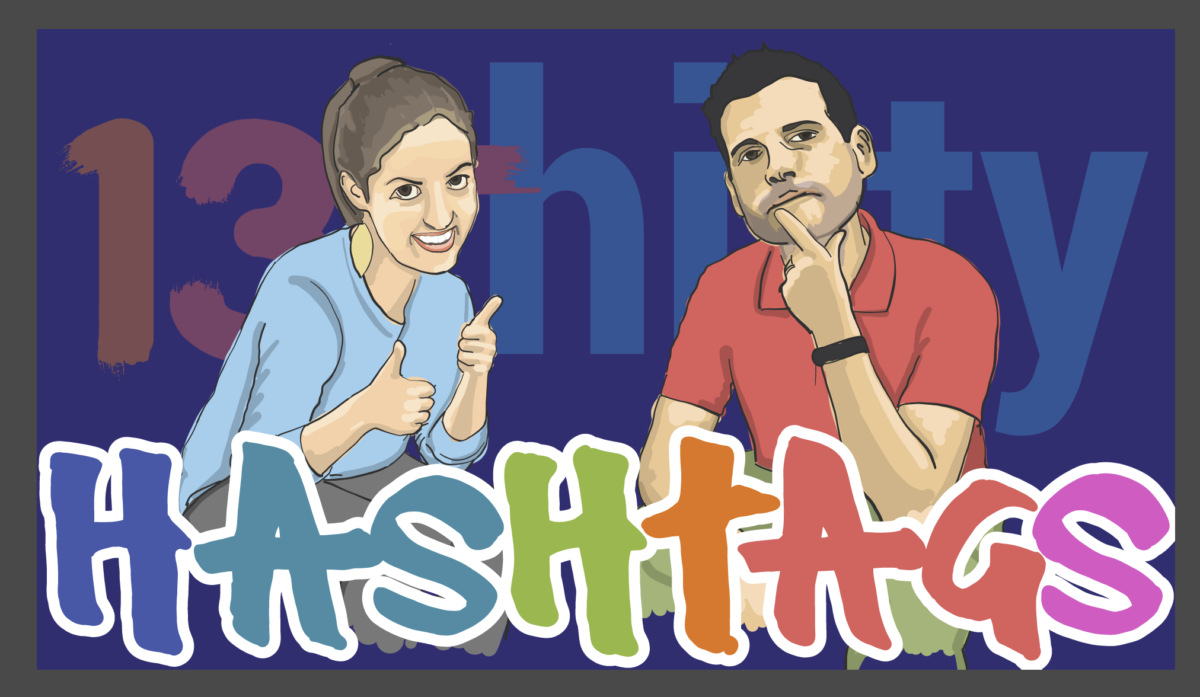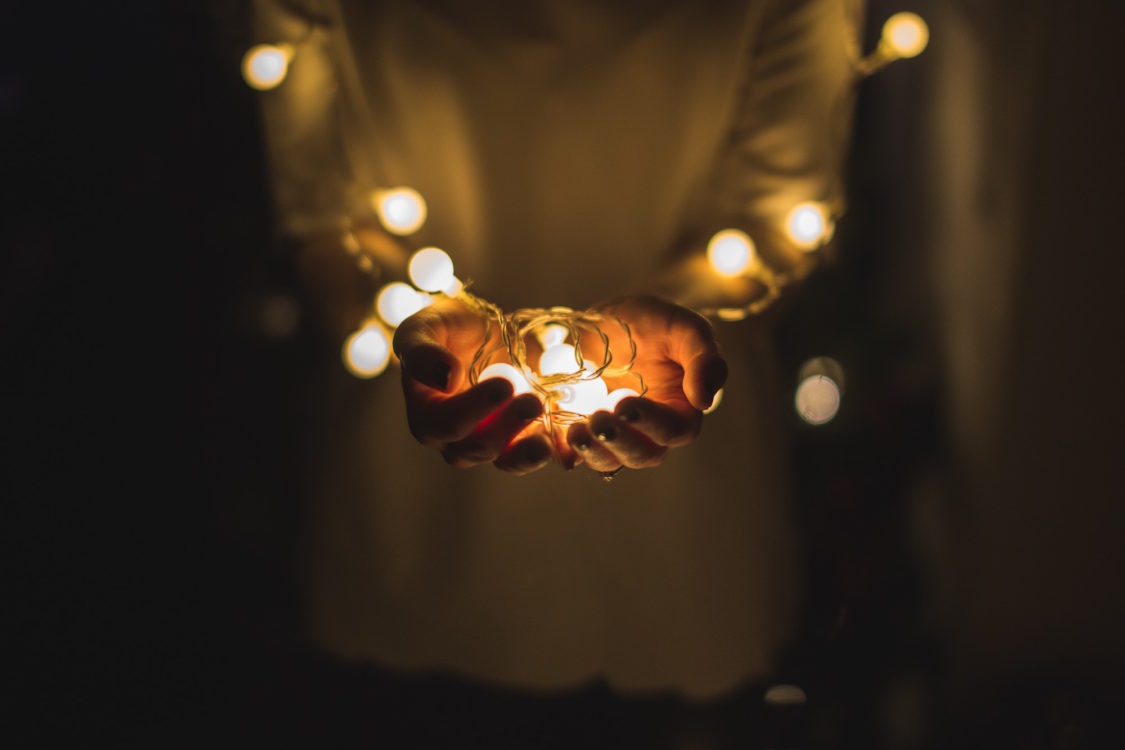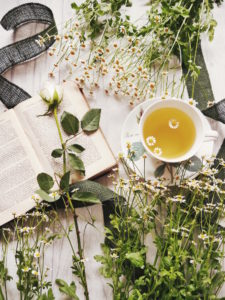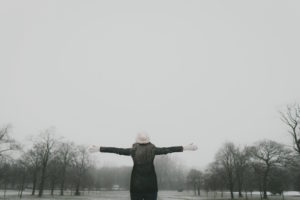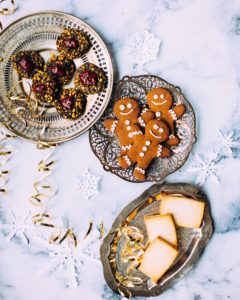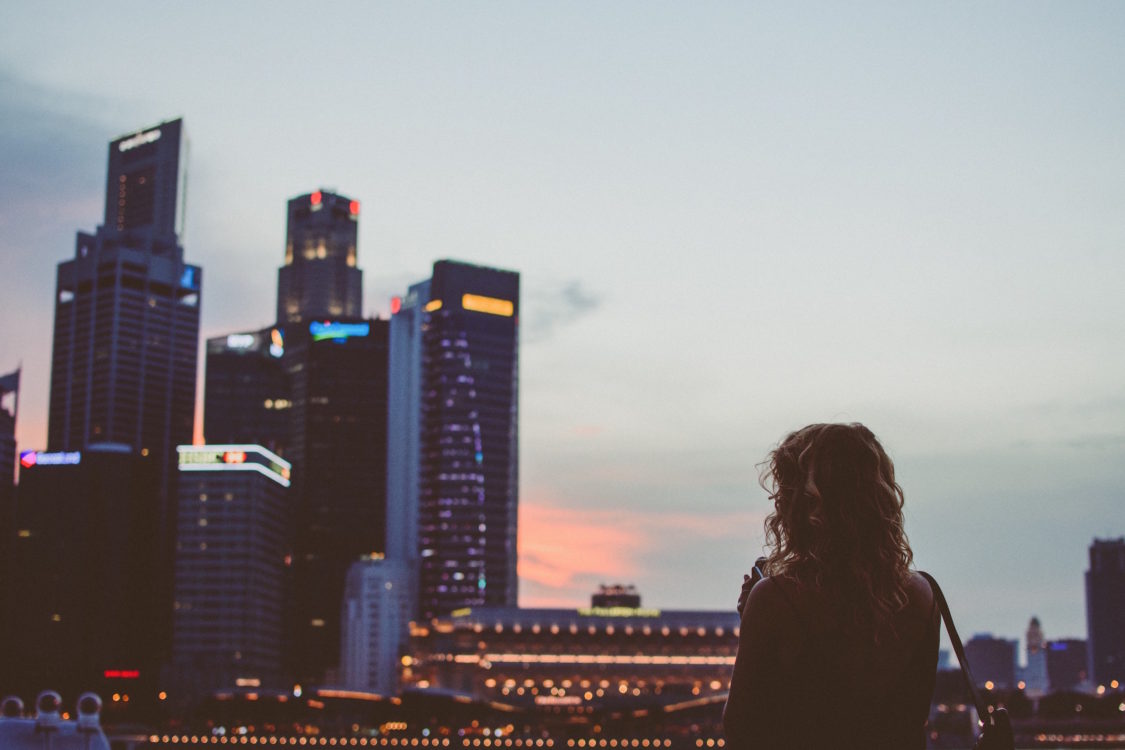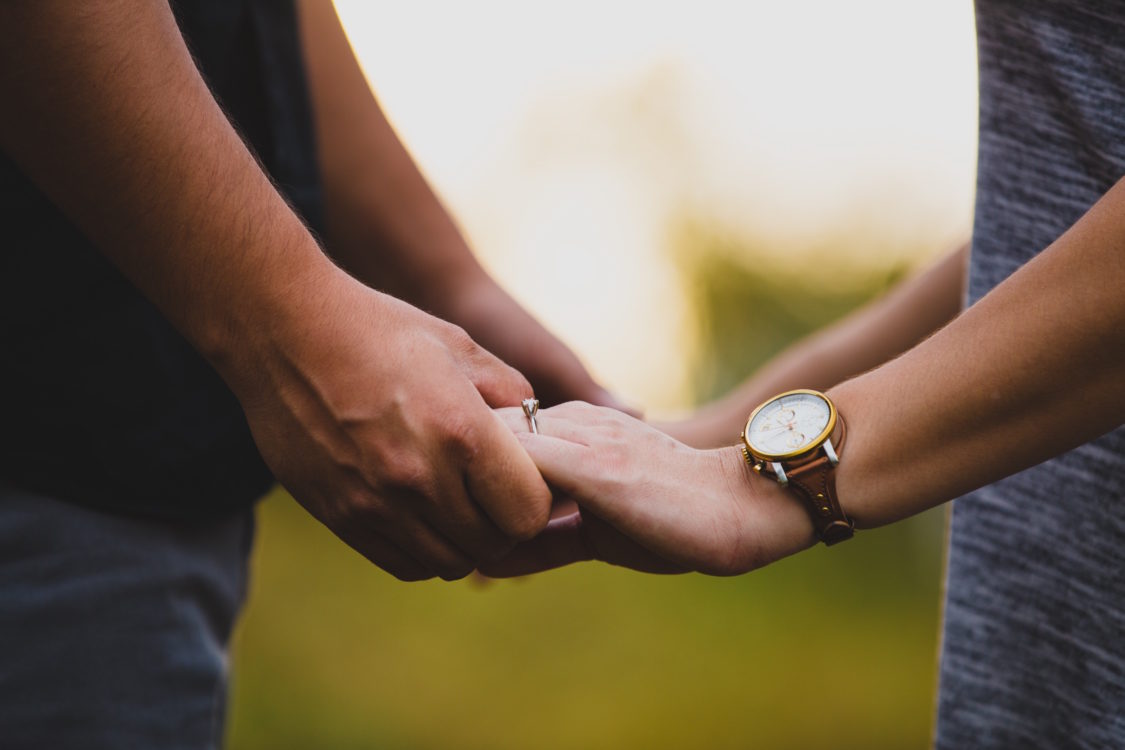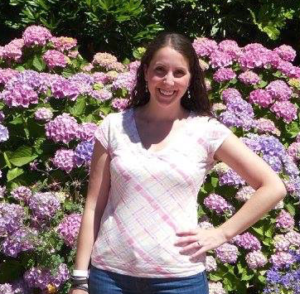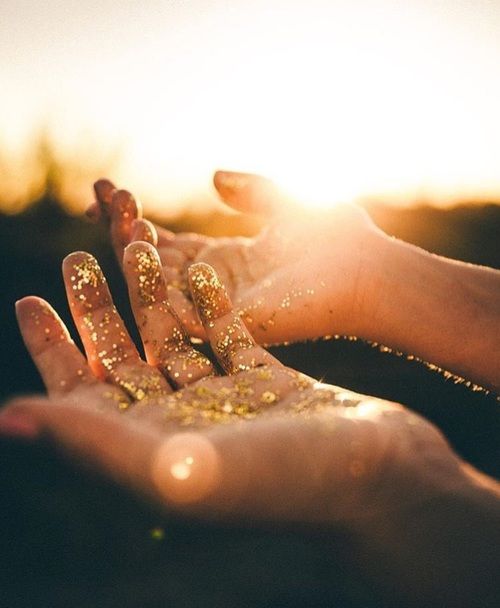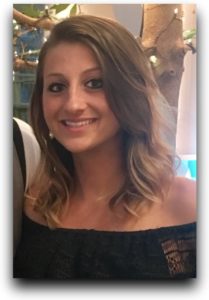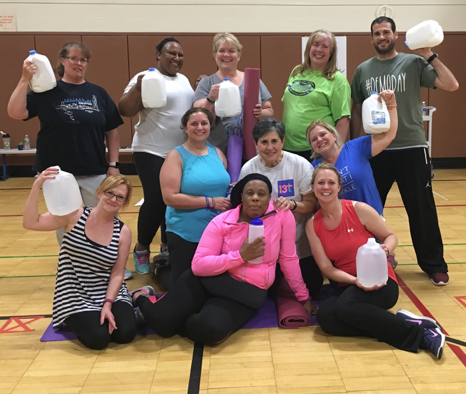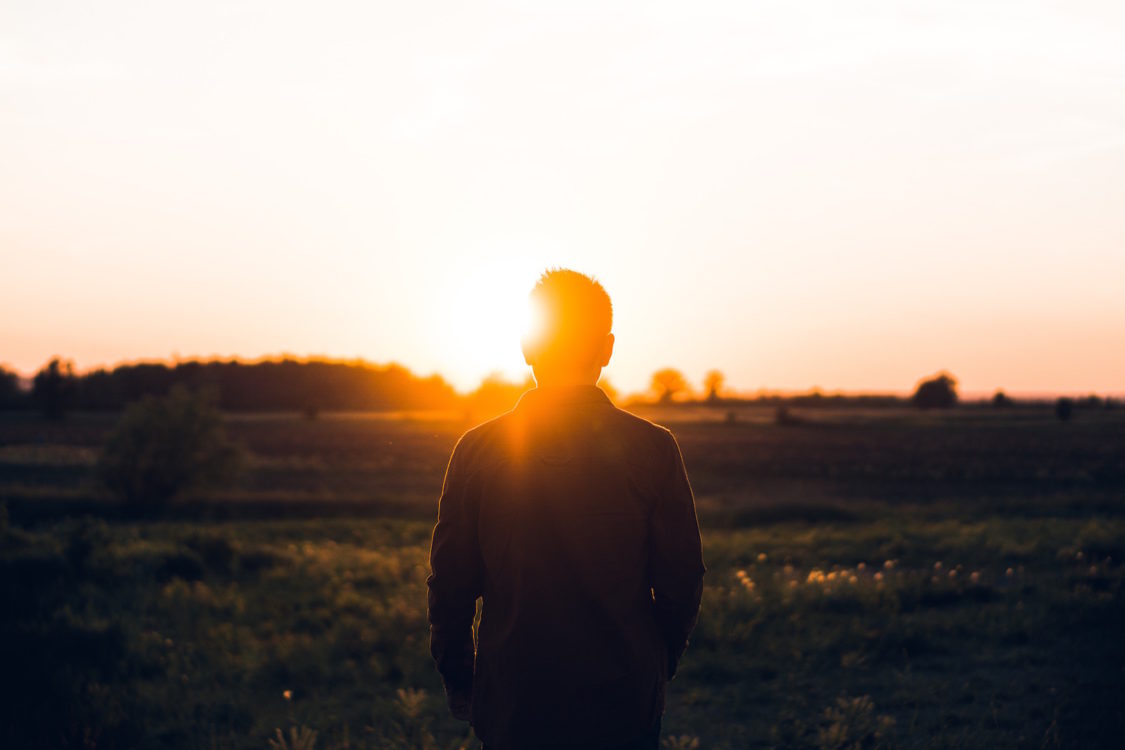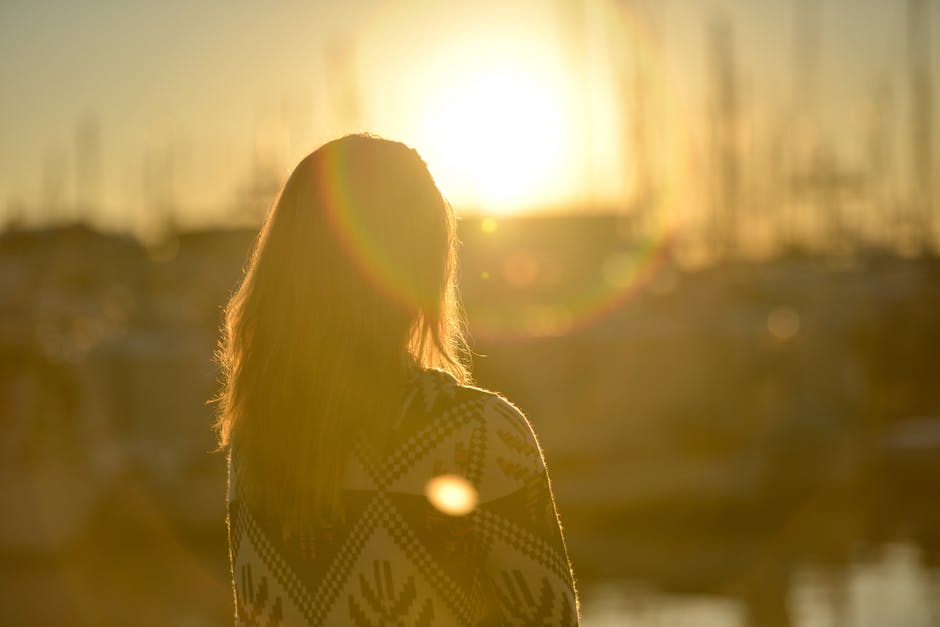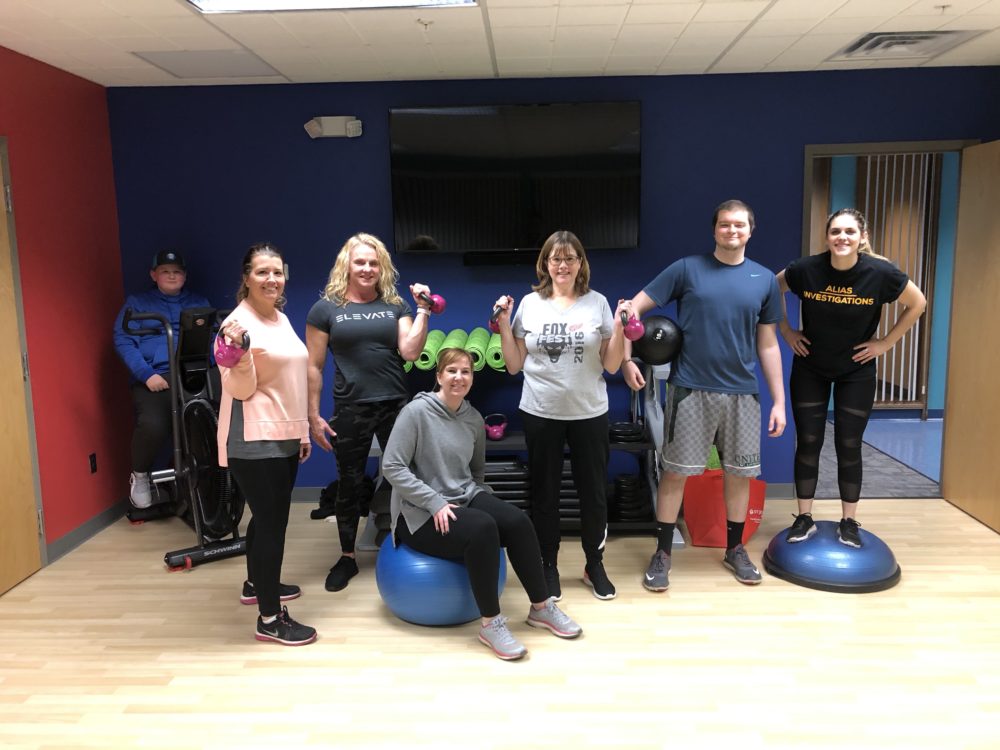
13thirty Fit!
Program of the Month
13thirty Fit!
Every Wednesday for the last four weeks, parents of our teens and young adults have met at our Syracuse center for 13thirty Fit!, an eight-week program designed to help develop healthy workout habits easy enough to do at home without expensive equipment or gym fees. The program, led by our oncology-certified fitness coach, Michelle Dougan, from Elevate Fitness, includes personal goal setting and an hour-long workout each week. Everyone’s favorite songs from the 80’s keep us moving!
On our third week, we shook things up in Syracuse and invited parents to bring their kids to the program that night. Partner workouts proved to be just as challenging and even more fun than our usual workout routines. A little friendly competition between our parents and kids made us try even harder! Like all 13thirty Cancer Connect programs, peer support is an important element of our fitness programs. Working out with someone can motivate you to work out more often and stay accountable to your goals.
13thirty Fit! History
13thirty Fit! has been offered at our Rochester center to AYA members and parents since 2012 when it was first designed as part of a research study at the University of Rochester School of Medicine. The goal was simple and still the same: help AYAs regain their former level of fitness and self-confidence in a safe, judgement-free environment. In both Rochester and Syracuse, 13thirty Fit! is held in our warm, comfortable center with friends who understand what it’s like and fitness coaches who can modify exercises to accommodate individual needs.
Assessment data collected from participants before and after each program consistently point to improved functional fitness and enhanced self-efficacy. Periodic “Quick Fit” sessions held throughout the year supplement the eight-week program and help remind members to keep working on their fitness goals.
Work out with us again!
Remember, the Syracuse fitness room is available for individual workouts during regular office hours for both AYAs and parents! Just bring your signed medical release form and call Megan ahead of time at (315) 883-1862. Here’s how to find us! Find out what else is going on in Syracuse here.
Interested in 13thirty Fit! – Rochester? Contact Rochester Program Director, Steve Esposito, for more information at 595-563-6221 or visit us!
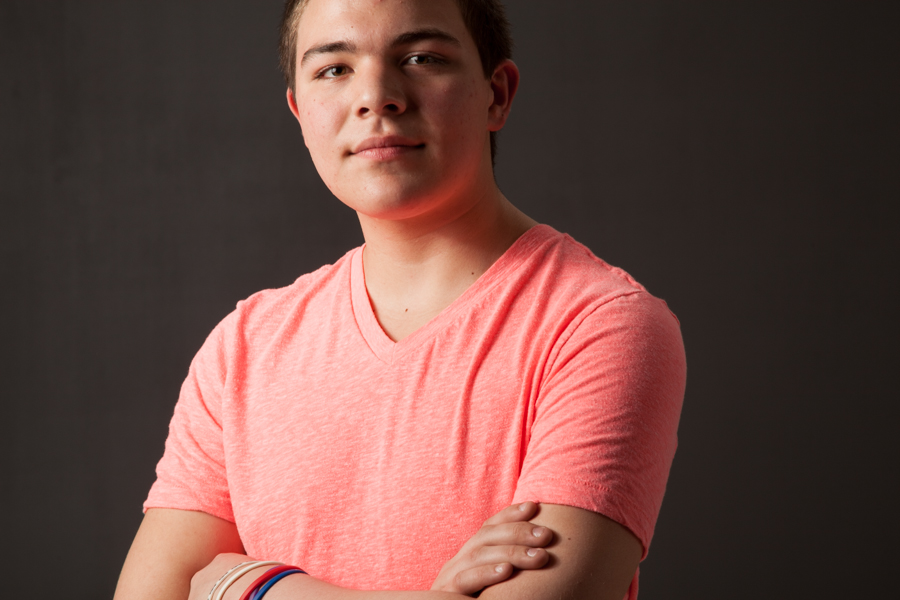
3 Reasons Why Goal Setting is Crucial to Your Health
Goal Setting to Help Your Health
January brings a sense of brand new-ness to the year ahead. New Year’s Day is filled with pressure to have your vision board completed, goals outlined, and resolutions finalized. New year, new you!
But give it a week, and life is still happening the same way, with the same challenges, and the shine-y brand new-ness starts to wear off quickly.
As a cancer patient, it can be even harder to look ahead to big, lofty goals when your biggest accomplishment this morning could have been to walk to the bathroom and back unassisted (trust me, I’ve been there!). When you’re having trouble keeping food down, or you’re lying on your hospital bed staring at the wall as you wait for the next round of meds…
It can seem pretty difficult to even see beyond the day ahead.
But in the midst of treatment, hospital stays, and recovery, goal-setting can actually help you emotionally and spiritually! Setting a few realistic and attainable goals can keep you motivated, focused, and empowered.
“Goal setting helps us be present and move forward,” says Lauren Garvey, MS, CRC, NCC, a counselor and facilitator at Cancer Wellness at Piedmont Health. “A forward mindset and positivity are very important, especially during cancer treatment.”
Here are a few other reasons why setting goals during your cancer journey is crucial to your health and wellness:
1) Gives you purpose
When you’re in the thick of it, cancer feels like your whole world and everything you knew as reality before cancer seems like a distant memory. But that’s not true! Yes, cancer changes your life, but everything you knew before your diagnosis and treatment is still reality — you just may see it all through a different lens.
When you have set goals that you’re working toward, you’re actually giving yourself a sense of accomplishment and purpose. And your goals don’t always have to be task-oriented! Maybe the goal is to eliminate tasks or activities that aren’t serving you well anymore, or adding health and wellness as you work toward recovery.
2) Hope is actually healing
Looking forward to something gives you hope. And hope is scientifically-proven to combat depression.”If you’ve taken time to think about your goals, you’ve already done something good for yourself,” says Garvey. “You’ve shifted your mindset toward the future and have taken a step toward reducing feelings of sadness or depression.”
3) Keeps you connected to others
If you include your support system in your goal-setting, you’re asking others who care about you to keep you accountable. Maybe your goal is simply, “Make time for self-care.” In that case, your support system would make sure you have what you need: a massage, a hot bath if you can, lavender essential oil or calming sachets for sleep, a soothing and nourishing meal, etc.
By including those closest to you in your goal-setting process, you’re allowing them to feel connected and involved in your journey in practical ways, rather than watching helplessly from the sidelines. This will strengthen your relationships and create a sense of sharing the journey.
Goal-setting should be about balance and centering yourself — not stressful or overwhelming. If you begin to feel like you’re under pressure to accomplish something, check in with your accountability person to figure out why you feel that pressure and remove the stressors. Cancer may feel out of your control, but you are still YOU. Grab a notebook and a pen, and starting writing, sketching, and dreaming!
Above all, celebrate your strength daily. Even if you’re simply putting one foot in front of the other, it’s more than enough. Everyone’s journey looks different; never compare your milestones to others’. Paint your life-picture with your own strokes and colors — and step back occasionally to observe the progress.
You’re a masterpiece in the making.
About the Author
 Sabrina Gauer is our Communications Coordinator and Wellness Coach here at 13thirty Cancer Connect! Follow her blog and Instagram for more tips and encouragement for whole health and wellness living!
Sabrina Gauer is our Communications Coordinator and Wellness Coach here at 13thirty Cancer Connect! Follow her blog and Instagram for more tips and encouragement for whole health and wellness living!


